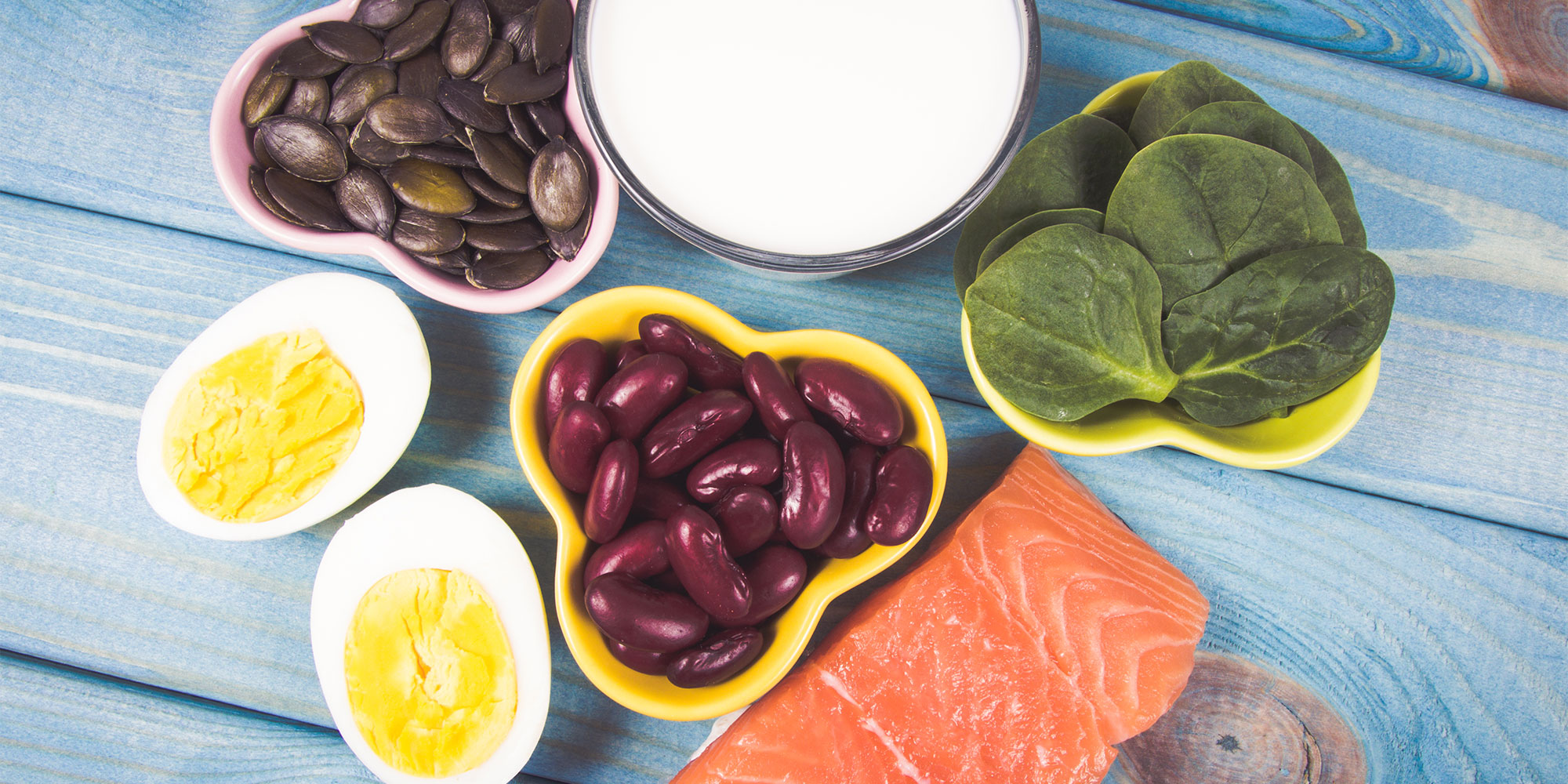
Preparing for a growing family
Our expert advice helps you make the best decisions for your loved ones
Visit our growing families hubBy clicking a retailer link you consent to third-party cookies that track your onward journey. This enables W? to receive an affiliate commission if you make a purchase, which supports our mission to be the UK's consumer champion.

Vitamin D is essential for our wellbeing and bone health and it's crucial your little one gets enough, especially in winter.
Giving your baby or child a supplement can cost from as little as 6.2p a day for some formulations right up to 25p a day for others, even though they contain exactly the same amount of vitamin D.
Find out what you need to know about vitamin D, the most cost-effective way to give your child the 'sunshine vitamin' and whether gummies, drops or sprays are best.
Eat well, live better and stay healthy. Sign up for our Food & Health newsletter, it's free monthly.

The best natural source of vitamin D comes from the action of sunlight on our skin, but rheumatologist Professor Cyrus Cooper says evidence suggests that a daily supplement of 400IU (10mcg) may be beneficial for little ones throughout the year, including summer.
This is because it's hard for babies and children to get enough from their diet or sunlight – especially in the winter months – and they need a plentiful supply to support rapid bone growth.
Low vitamin D symptoms are largely bone and joint-related, including pain that's severe enough to wake your little one in the night, bone deformity (such as rickets), swollen wrists or ribs, aching and painful joints, getting more respiratory infections and not growing sufficiently.
Although severe vitamin D deficiency is rare in the UK, almost one in five children have low vitamin D – take a look below to see how much your little one needs, depending on their age.
See our top recommendations of the best vitamin D supplements for adults, based on our independent expert review of popular options.


Gummies, drops and sprays are as good as each other for delivering a vitamin D dose – for example, a 2020 metastudy published in the journal Nutrients found no evidence that vitamin D is delivered more effectively by oral spray than any other mode of delivery.
What is 'best' comes down to what your child is happy to take. Paediatrician Dr Yiannis Ionnou says: 'If they don't like the taste of one, then try another.'
So how much can you expect to pay per daily dose for your child? Find out at a glance with the table below, or scroll on for our in-depth analysis.
Prices and availability correct as of 21 October 2025. 'Cheapest we found' determined by cheapest price per dose.
Ideal for babies and toddlers, options for taking them include putting them straight onto their tongue, onto your nipple if you are breastfeeding, or into formula, expressed milk, juice or a small amount of food.
For all of the options we've listed below, one dose is equivalent to one drop given per day.
The cheapest we found was:
In comparison, most options cost from 15p to over 18p per daily dose, including:
This may be ideal for kids who don't like taking tablets or aren't able to swallow them, as you simply spray it into the mouth once per day.
The cheapest we found was:
Some spray prices can cost over twice as much, such as:
These may suit picky eaters, but they can be more expensive than sprays or drops.
Gummies are also more likely than sprays or drops to contain added sugar – for instance, Haliborange says its Softies contain around 2-2.5g of sugar each. The NHS says children aged four to six should have no more than 19g of free sugars a day (and under-fours should avoid food with sugar added to it altogether).
Remember to keep gummies out of reach when not being administered - though they look like it, they aren't sweets.
The cheapest vitamin D gummies we found were:
You'll find more options on the pricier end of the scale, including gummies which are promoted on packaging with cartoon or licensed characters, for example:

Our expert advice helps you make the best decisions for your loved ones
Visit our growing families hubOnce your child is over 12, you'll have a wide range of great value 10mg/400IU options to choose from, such as the Boots 10mcg vitamin D tablets for over 12s – SQUIRREL_TEXT_50014688.
However, up to that age you should stick with supplements that are age-appropriate because they'll be correctly dosed for their age as per official UK guidance.
The BDA, the Association of UK Dietitians, says that fizzy supplements contain around a gram of salt per tablet so you might want to consider an alternative, especially if you've been advised to limit your salt intake.
Which is the cheapest supermarket? Discover the UK's cheapest and most expensive supermarkets based on Which? analysis of thousands of grocery prices.

It's hard to reach your daily needs through diet alone, but you can boost your family's intake by eating the following foods:
How bad is ultra-processed food? We investigate whether UPFs can ever be part of a healthy diet.